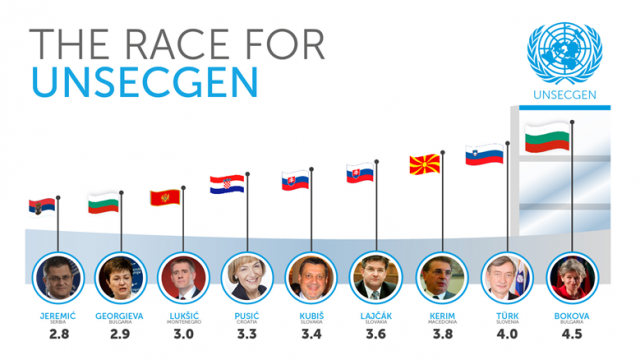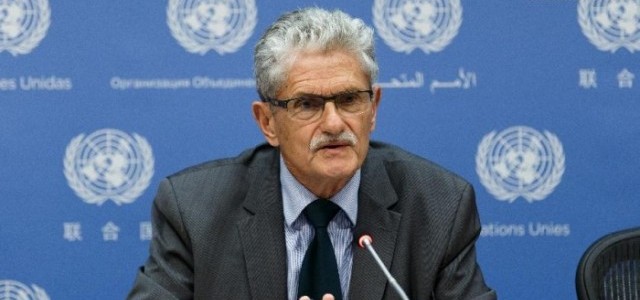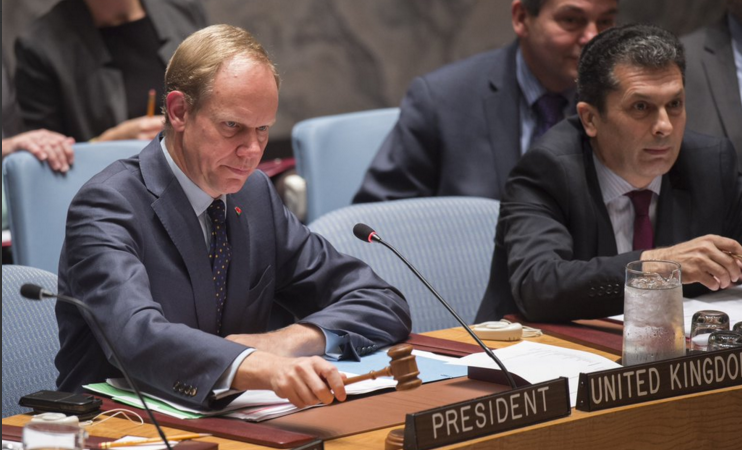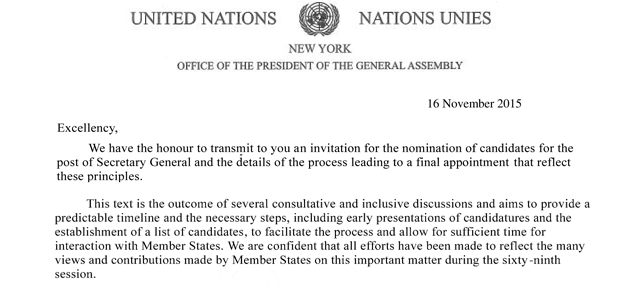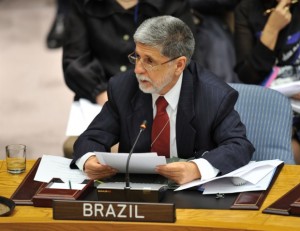 This is a old post, published this past March by Brazil’s former foreign minister Celso Amorim, but it is well worth sharing still.
This is a old post, published this past March by Brazil’s former foreign minister Celso Amorim, but it is well worth sharing still.
Let’s take first the simple reality of global power today, which is no longer reflected in the membership of the current [Security Council]. It’s vitally important that developing economies be part of this global body, and it is only natural that Brazil, which is now among the eight largest economies in the world, should be included.
Amorim makes a strong case for Brazil’s addition to the P-5 (soon to be P5+1 if India succeeds in its bid), noting its open door ability to receive Middle East leaders, its trustworthy reputation among governments otherwise criticized by Western powers, and its influence as a regional leader. These make good arguments from a neutral global playing field, but Amorim’s counterpart from Mexico used similar examples in arguing against Brazil’s membership, suggesting that its foreign policy might undermine further development of the liberal international order. (David Shorr argues to the contrary, that “Pulling the new powers into closer consultation is much more likely to boost their adherence to multilateral norms…”)
Perhaps more effective than any objective examples of Brazil’s qualifications however is Amorim’s concluding argument:
Obama’s support of India’s candidacy for a permanent Security Council seat was a good step. We in Brazil agree with Obama; we have a very close relationship with India. With India, the United States is motivated by its rivalry with China, its interests in Asia, Afghanistan, and so on. But how could you have India and not Brazil? How could you have one more Asian country — because Japan would probably also have to join if India did — and not one each from Latin America and Africa? How can you give a prize to a country that decided to go nuclear and deny the same to a country that did not?
When India is invited to join the “inner circle” (still some years away), it will be difficult to not also invite Brazil and at least one African country at the same time. To attempt to do so will paralyze the Council, in many ways similar to the debates over China’s legitimate seat-holder in the late 1960s, as well as force more public scrutiny than its current members would likely prefer.
(Photo: STAN HONDA/AFP/Getty Images)

